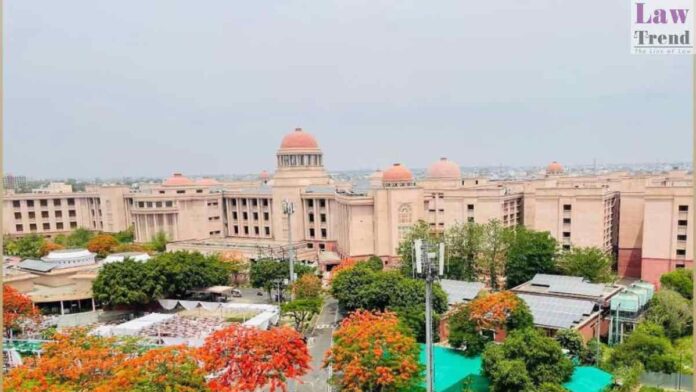The Lucknow Bench of the High Court of Judicature at Allahabad, comprising Justice Shekhar B. Saraf and Justice Prashant Kumar has allowed a writ petition filed by a minor rape victim, ordering the payment of statutory compensation and imposing an additional Rs. 2 lakhs compensation for the “inordinate delay” by authorities. The Court criticized the
To Read More Please Subscribe to VIP Membership for Unlimited Access to All the Articles, Download Available Copies of Judgments/Order, Acess to Central/State Bare Acts, Advertisement Free Content, Access to More than 4000 Legal Drafts( Readymade Editable Formats of Suits, Petitions, Writs, Legal Notices, Divorce Petitions, 138 Notices, Bail Applications etc.) in Hindi and English.




